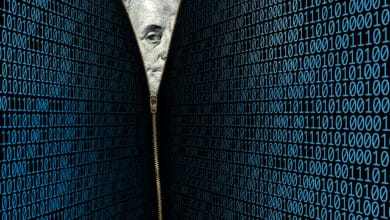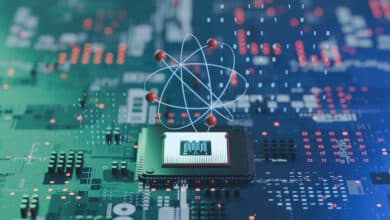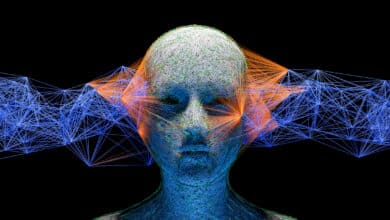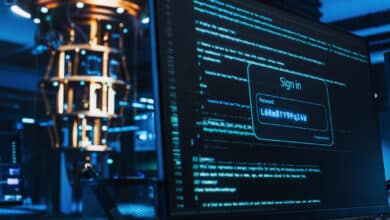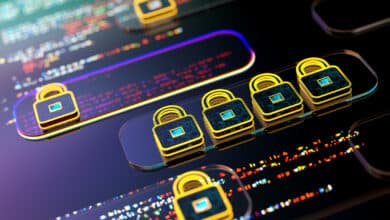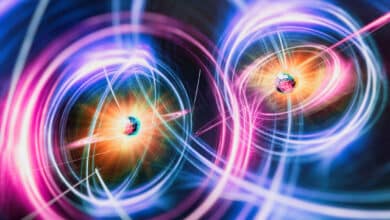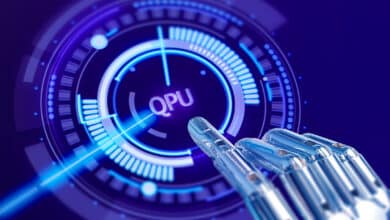All Post-Quantum, PQC Posts
-
Post-Quantum, PQC, Quantum Security
How CISOs Can Use Quantum Readiness to Secure Bigger Budgets (and Fix Today’s Problems)
Quantum readiness is not an exercise in science fiction – it’s a very practical program that yields benefits immediately. Regulators are pushing us all in this direction, which means boards are willing to fund it. The journey forces you to finally catalog your cryptographic assets and clean up long-standing weaknesses, improving your security posture right now. It builds agility so you can handle any crypto…
Read More » -
Post-Quantum, PQC, Quantum Security
CRQC Readiness Benchmark – Benchmarking Quantum Computers on the Path to Breaking RSA-2048
Benchmarking quantum capabilities for cryptography is both critical and challenging. We can’t rely on any single metric like qubit count to tell us how near we are to breaking RSA-2048. A combination of logical qubit count, error-corrected circuit depth, and operational speed must reach certain thresholds in unison. Existing benchmarks – Quantum Volume, Algorithmic Qubits, etc. – each address parts of this, but a CRQC-specific…
Read More » -
Post-Quantum, PQC, Quantum Security
Quantum Readiness / PQC Migration Is The Largest, Most Complex IT/OT Overhaul Ever – So Why Wait?
Preparing for the quantum era is arguably the largest and most complicated digital infrastructure overhaul in history. Yes, far bigger than Y2K, because back in 1999 we didn’t have millions of network-connected “things” to worry about. Yet despite clear warnings and rapidly approaching milestones, far too many organizations still treat quantum readiness as something to punt into next year – or worse, as a simple…
Read More » -
AI Security
Why AI Cannot Break Modern Encryption
AI cannot break modern encryption. The reasons are fundamental: Mathematical Hardness, Cryptographic Design, Empirical Track Record, Quantum Contrast, Expert Consensus.
Read More » -
Q-Day
Q-Day Revisited – RSA-2048 Broken by 2030: Detailed Analysis
It’s time to mark a controversial date on the calendar: 2030 is the year RSA-2048 will be broken by a quantum computer. That’s my bold prediction, and I don’t make it lightly. In cybersecurity circles, the countdown to “Q-Day” or Y2Q (the day a cryptographically relevant quantum computer cracks our public-key encryption) has been a topic of intense debate. Lately, the noise has become deafening:…
Read More » -
Post-Quantum, PQC, Quantum Security
Cryptographic Inventory Vendors and Methodologies
Achieving a comprehensive cryptographic inventory often requires combining multiple tools and methodologies. Each solution above has blind spots: one might excel at catching code-level issues but miss network usage, another might see network traffic but miss dormant code, etc. Organizations starting a crypto inventory (especially as part of PQC readiness) should evaluate these tools in terms of their environment: for example, pairing a passive network…
Read More » -
Q-Day
What Is Q-Day (Y2Q)?
Q-Day, sometimes called “Y2Q” or the “Quantum Apocalypse”, refers to the future moment when a quantum computer becomes powerful enough to break modern encryption algorithms. In other words, it’s the day a cryptographically relevant quantum computer (CRQC) can crack the public-key cryptography (like RSA or ECC) that underpins our digital security. The term “Y2Q” stands for “years to quantum,” an explicit nod to the Y2K…
Read More » -
Post-Quantum, PQC, Quantum Security
Quantum Readiness Assessment
A Quantum Readiness Assessment (QRA) is an in-depth review of an organization’s preparedness for the advent of quantum computing - especially its ability to withstand or adapt to the "quantum threat" posed by quantum computers that could render current cryptography obsolete. In practical terms, a QRA examines how an organization’s systems, data, and processes would hold up if cryptographically relevant quantum computers were available today.…
Read More »
